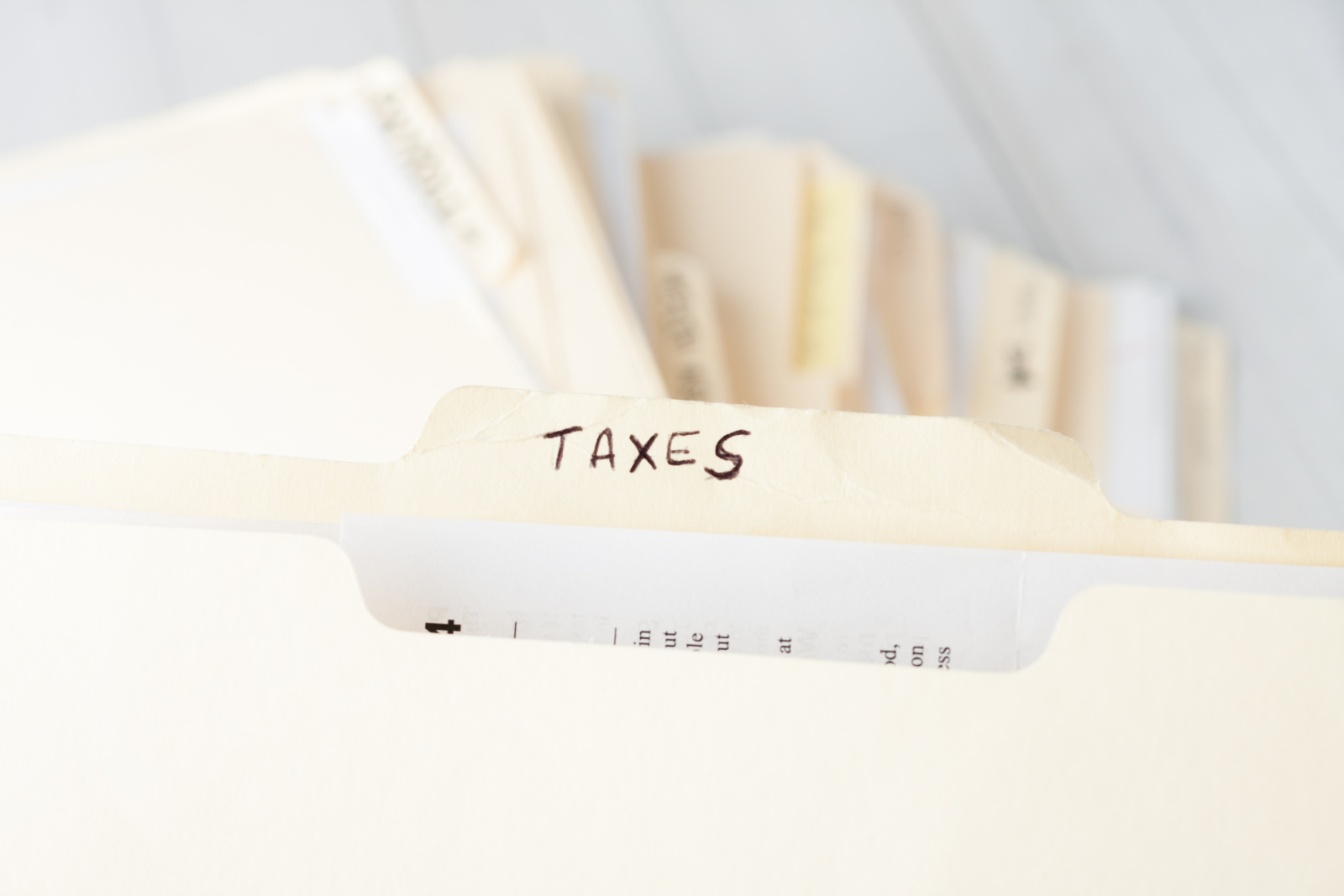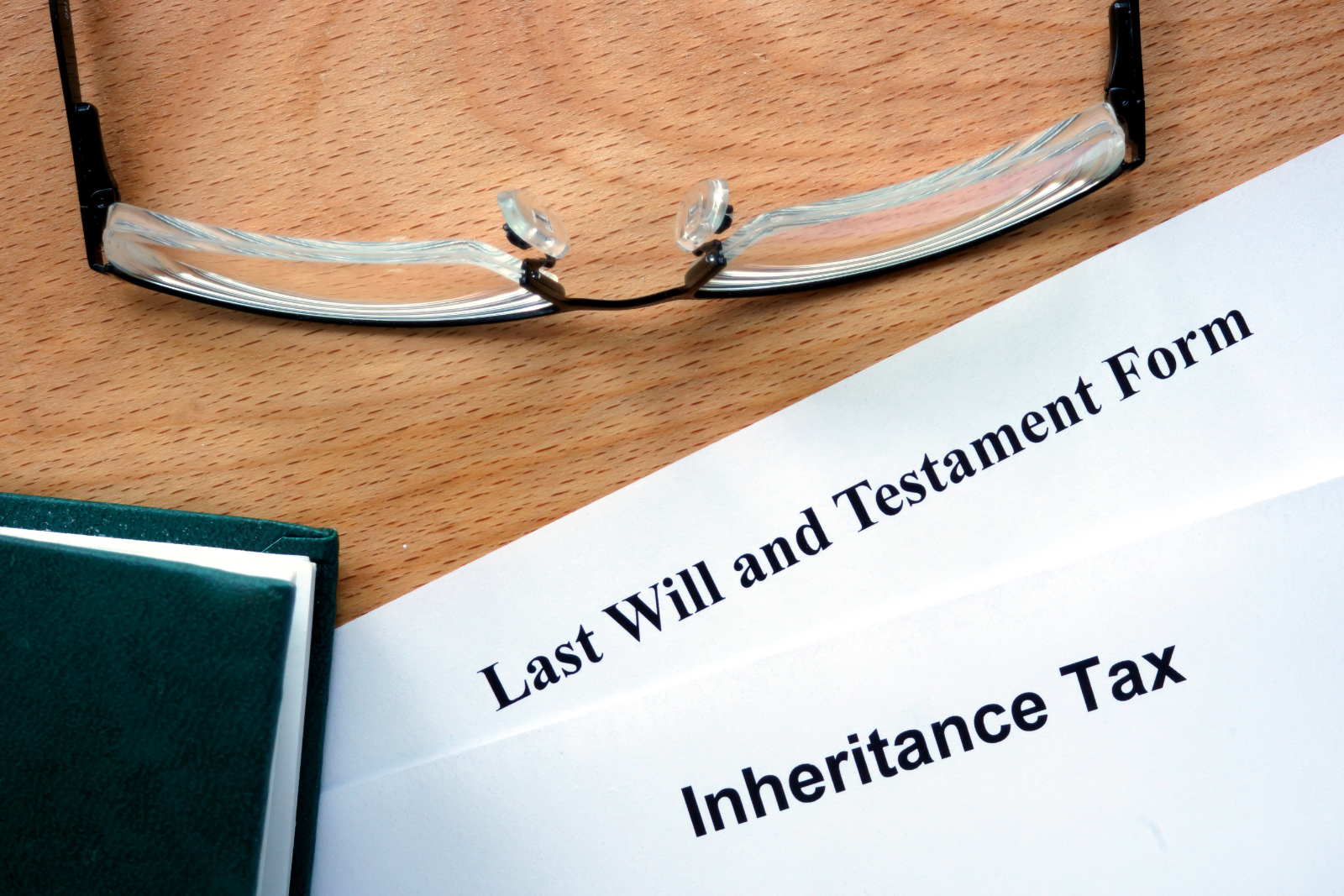
Reduce Personal Federal Taxes Using These Methods
The total income tax collected from different sectors of the U.S. population is distributed in different proportions between personal taxes and business taxes. There is
Se Habla Español

The total income tax collected from different sectors of the U.S. population is distributed in different proportions between personal taxes and business taxes. There is

Every individual and business needs accurate tax and bookkeeping services. Besides handling tax and government-related paperwork, accountants also help elevate businesses to the next level

April 15th is a date most Americans dread because of the headache caused by tax season. That headache is exasperated because you don’t think about

Most people easily get confused after receiving inherited wealth. Through this state of confusion, you may spend more on buying expensive cars, houses or taking

Bookkeeping and tax professionals provide invaluable financial services that help improve business processes and their bottom line.

It’s common for people to run into document retention and archiving problems, which becomes apparent, especially during tax season. Receipt ink fades over time; when

Small business taxes come in many varieties and cover revenue, payroll, property tax, and more.

Constantly improving your small business is important for business growth and sustainability. But many business owners don’t know how to make improvements that make a real impact. Today we’re going to share a few ways owners can improve their company in a meaningful way.

If you’re a small business owner, then you know how essential it is to have the funding you need to grow and sustain your business.

Companies face significant expectations in financial transparency and government compliance. But with the complex and time-consuming day-to-day tasks, it is challenging to meet the requirements with fewer resources.
